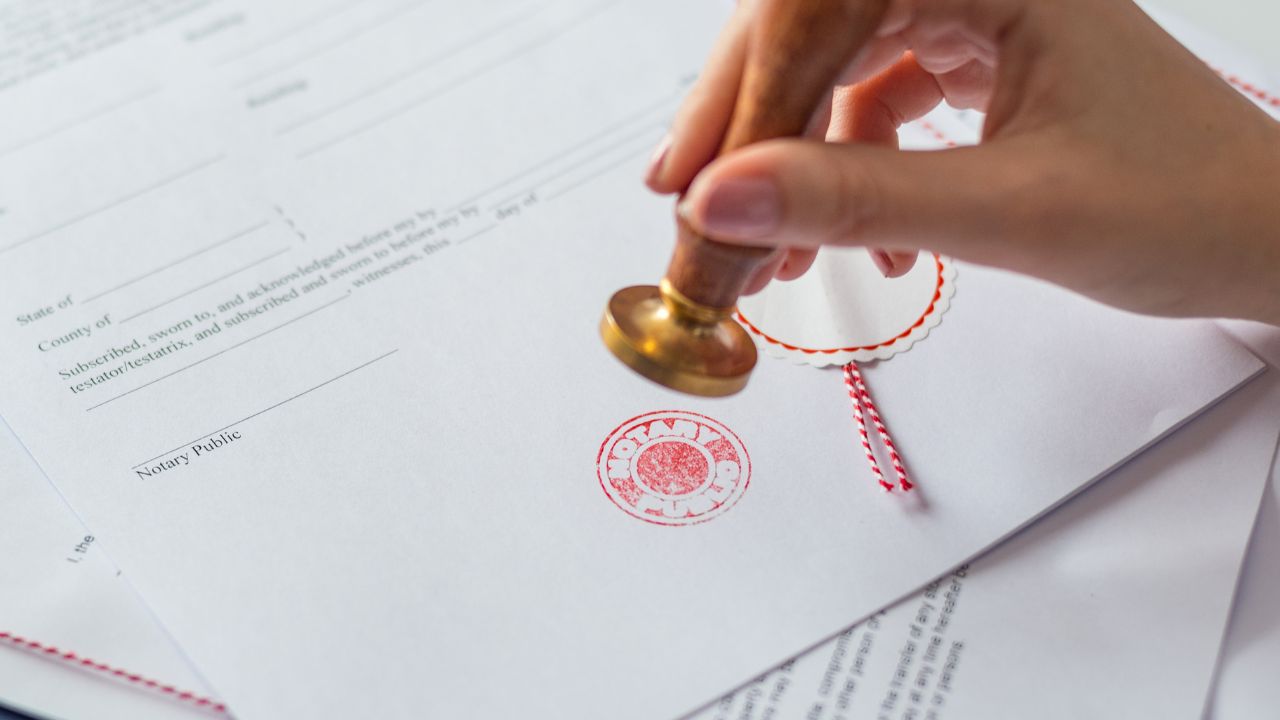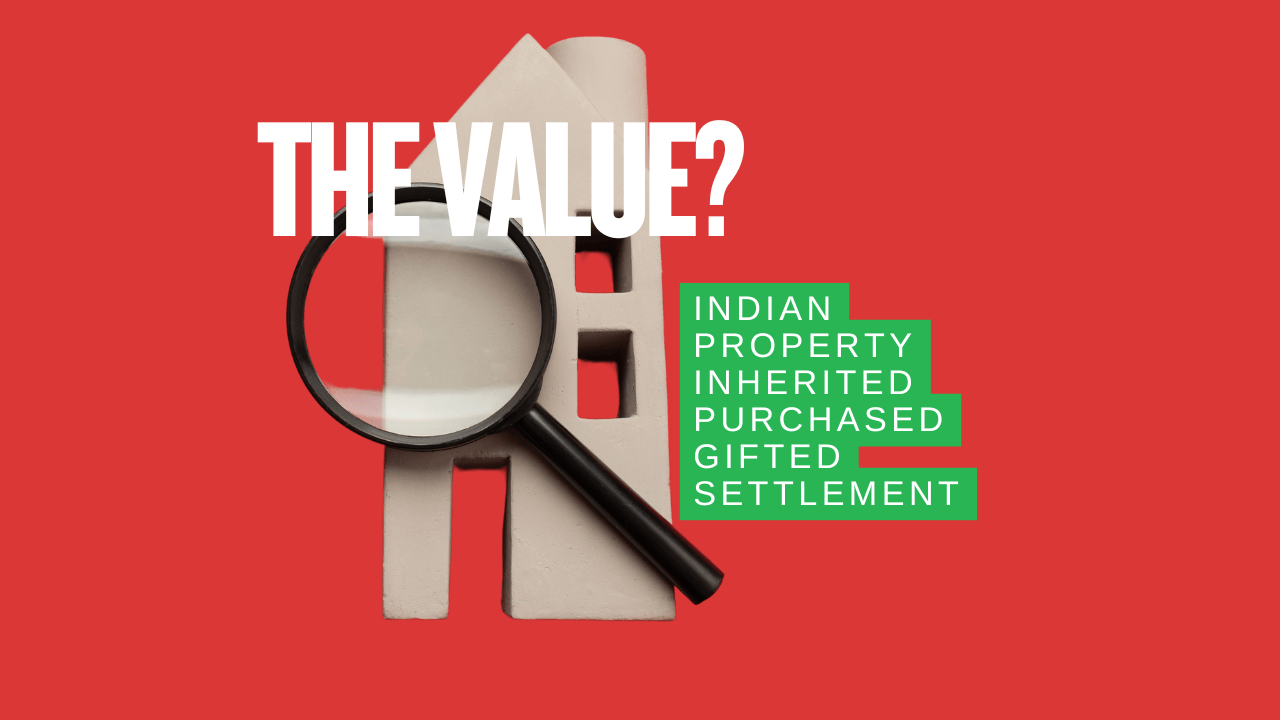For an Overseas Indian Citizen, the mutation of property in an Indian property sale process is an important part of know-how. It can have a considerable impact on the overall selling plan if things are not in order.
In this segment we look at the “title ownership of property.”
If you’re a seller your paperwork should be in order and up to date.
If you’re a buyer, the mutation process will apply on purchase.
In cases of drawn out litigation, the ‘title ownership of the property’ cannot be taken lightly. For most buyers and end users in particular, it can be the make or break in closing a final sale for your property despite any pending legal process. It can also make a positive difference in legal negotiations. For example, a third party taking undue advantage due to gaps in paperwork.
Sometimes scenarios such as these occur in collaboration agreements involving asset owner and developer. When the time comes and you wish to sell your property, you discover that due diligence in paperwork was not carried out correctly by the third party. If there is a lack of understanding from your point of view, then it is necessary to consider taking the help of a professional legal person or team.
End User
Further, an end user will likely not invest in a property until they confirm through legal paperwork that you hold ownership of the property legally. Having said this, disorganized documentation creates further challenges.
For example, the process required to update with local authorities can sometimes be a time sensitive and challenging one as an Overseas Indian Citizen. You may be on the verge of obtaining the appropriate sale price and an issue with documentation props up. This can then incur further costs and time, along with further challenges.
Old Records – Overseas Indian Citizen
As we have discussed above, an oversight in updating records with regulatory departments can occur. For instance, you have not carried out due process on a record for the property with the local regulatory authorities. As an example, there may be a variation in details which you did not foresee.
Also, where required, the chain documents of your property should always be re-checked if you are experiencing issues in selling your property. Perhaps a buyer is questioning ownership due to grey areas in your property documents. Therefore, the buyer is less likely to make the purchase until satisfied on a legal documentation basis.
Why? From a property buyers point of view, they will apply for mutation of property based on the existing records. Such as updating the Municipal Corporations, Land Revenue, utility, taxations and so on. The proof lies within legal and regulatory paperwork. Buyers avoid property with irregular legal paperwork of property ownership.
Unfortunately, scenarios such as these still exist in Indian property matters. However, on a more reassuring note, it is improving.
If your paperwork is in order, you’ve already made a head start on your property sales plan in India.
Similarly, often overlooked is the difference in motivation between two parties, Seller – Buyer. When it comes to selling your property in India, the integral reason to sell or buy is important to consider. Most importantly, it actually helps to manage your expectations as well as take into account the buyer’s fundamental reason to buy your property. Prepare accordingly.
Considerations and rationale should be applied as the scenario around selling your Indian property will differ from another’s.
Indian Property – Buyer Or Seller Point of View
Residential Buyer, “I am buying a property in India, I want complete legal ownership of what I am buying.”
Residential Seller, “I want a quick sale on my property”
The only way this can happen is if the buyer is sold a property that is fully owned by the seller and the ‘title of ownership’ reflects the same in all respects. Such as, ownership paperwork, property tax paperwork, municipal corporation, land revenue, may include utility bill paperwork – chain documentation etcetera. If it does not, you may experience delays in selling your property.
Again, this is very common in Indian property scenario’s. New builds are no exception, where the third party has not carried out initial due diligence at the outset.
Selling Plan
In our previous segment on Indian Property Sale For an Overseas Indian Citizen, we considered a select number of points for a property selling plan. Briefly we now look at mutation of property & its relevance for an Overseas Indian Citizen.
What is mutation of property?
Mutation of Property
As an Overseas Indian Citizen, on your sold property, a change of title ownership from one person to another takes place. Ie; the property transfers from you onto the buyer’s name. It is property registration. This happens on sale of an asset or transfer of an asset, known as Mutation of Property in India. The process is required on the sale or transfer of a property i.e. the asset.
On property purchase, a buyer usually pays stamp duty and registration costs through a sale deed. This can take a few months. Mutation is the next step after these processes are complete.
Mutation involves a specific process.
The Mutation of Property is a process that involves updating records in the land revenue department of the government.
An asset then becomes registered in the name of the owner in the records of the Government of India. Subsequently, the Indian Government charges property tax on the property to the owner. The owner is the person who owns the property and therefore has a right to sell the asset when they wish to do so. As an owner, all associated upkeep costs and legalities are also your responsibility.
From a Property Buyers point of view this is extremely important as until this is carried out, in simple terms, they cannot be the legal owners of the bought property.
Indian Asset – Sold or Transferred
A mutation of property, can take place when a property is sold or transferred. Let’s consider this;
- A property is sold. The owner(s) sell their property and a new owner(s) takes over.
- A property is transferred. The previous owner(s) transfers property onto new the owner(s). This can often happen in inheritances.
What document reflects a mutation of property?
Mutation Certificate
When a mutation process is completed as per the regulatory application requirements. A document known as a mutation certificate is Issued after 15 -30 days by the Municipal body. It is the local revenue inspector that will issue a certificate of mutation after your application is submitted, checked, processed and on some occasions a property visit may be required.
What type of asset transfers are there in mutation of property for an Overseas Indian Citizen?
Types of Asset Transfers For Overseas Indian Citizen
- Sale of a property
- Purchase of a property
- Gifts & Inheritance
- Any Asset bought through Power of Attorney
- Death of property owner
Who is the responsible body for Mutation of Property
- Firstly, the property owner(s), buyer, seller, would be responsible to initiate the process through the official route. You would seek the guidance and services of a professional.
- The Local Municipal Corporations are the responsible bodies that hold land and property records as well as maintain them. You or your representative would deal with the respective bodies to obtain a mutation certificate.
The mutation of the property process will be done through the related Municipal corporation by you.
Process & Time frame
The mutation process in some states has been moved to an online process. You or your representative would have to check with the local authorities. Yet you would be required to visit the municipality in person as well. The mutation process is estimated at 15 -30 days but this depends on how much time it takes you to apply and submit the official requirements.
For an Overseas Indian Citizen, you may wish to seek the services of a professional to help you through the process.
Typical Documents To Apply
- Copy of sale deed
- Court Documents where required (in case of litigation, ie possession orders)
- If inherited, copy of will/succession certificate/death certificate
- Affidavit on stamp papers
- Copy of aadhar card
- Copy of PAN Card
- Property tax receipt
- Indemnity bond
- Proof of identity and other documents

What information will the Overseas Indian Citizen provide to the Buyer for Mutation process?
Personal details, property details i.e. address, registration date, type of property, type of transfer, along with other documents of the sale during the time of the sale.
Before we conclude this segment, below, briefly we touch on the difference between an end user and a reseller in Indian property.
End User & The Reseller – Overseas Indian Citizens Property Buyer
A property can be bought by an individual for different reasons. Some of those reasons maybe, self use or with the intention to resell fairly quickly.
- An End User. An end user is an individual who wishes to purchase property for one’s own use.
- A Reseller. A reseller purchases property as an investment. They may have a resale plan ready.
An end user will look for more in the property, such as, location, security, interior, overall condition etcetera. Their aim is to move in and use the property almost immediately. It is a residential home. They may be willing to pay a higher price for the property.
A reseller will look at things like, location, general construct, market rate, and resale value if adapted. Therefore, the reseller may be willing to take a shell unit but may also buy at a lower price. This is in order to make profit from their resale plan.
As an Overseas Indian Citizen, it helps to know why you may be offered a different price as compared to what you expect for your property in India. Lastly, it may also help you to consider a more rounded sales plan.
In Summary
To summarise, as an Overseas Indian Citizen with property in India, you should be aware of the mutation process. To achieve a sale on your Indian property, you may wish to consider a selling plan that factors in the number of processes involved. It may help to speak with a professional to discuss a course of action on selling your property in India.
In our next segment, we will look at Indian Stamp Papers.
Our Foreign Citizen PAN assistance has been rated as “excellent” by our Clients. See what our Clients say with our verified reviews.
“Quick response, clear advice and simplified a confusing process. Really pleased with the service and would highly recommend.”
Client – London
Frequently Asked Questions
At your local Municipal Corporation.
You will require the owner’s personal details, property details i.e. address, registration date, type of property, type of transfer. As well as the documents required for the mutation process.
Affidavit on stamp papers will be required.
A PAN card is required. You may require to provide your PAN card for any local authority work or on sale of property.
Related Links
- Transfer of property in India
- Indian Property disputes
- Sell property in India
- Power of Attorney Service
- NRI OCI PAN Card
We can also assist with the following NRI Services in London:
- Illegal occupation of property in India
- Family Settlements and partition of NRI Indian property
- Ancestral real estate and inheritance advisory under Indian law
- NRI Property Transfer
- Possession of NRI Property
- Recovery of NRI money under Indian Law
- NRI Succession Certificate in India
- Injunction against alienation of NRI property in India
- Developer Claims under the Consumer Protection Act in India
- NRI property disputes
- Visas to India
- Indian Power of Attorney
- NRI PAN Card
- Overseas Citizenship of India (OCI)
- Inter-Country Adoption
- Divorce proceedings under Indian Law for parties settled abroad






